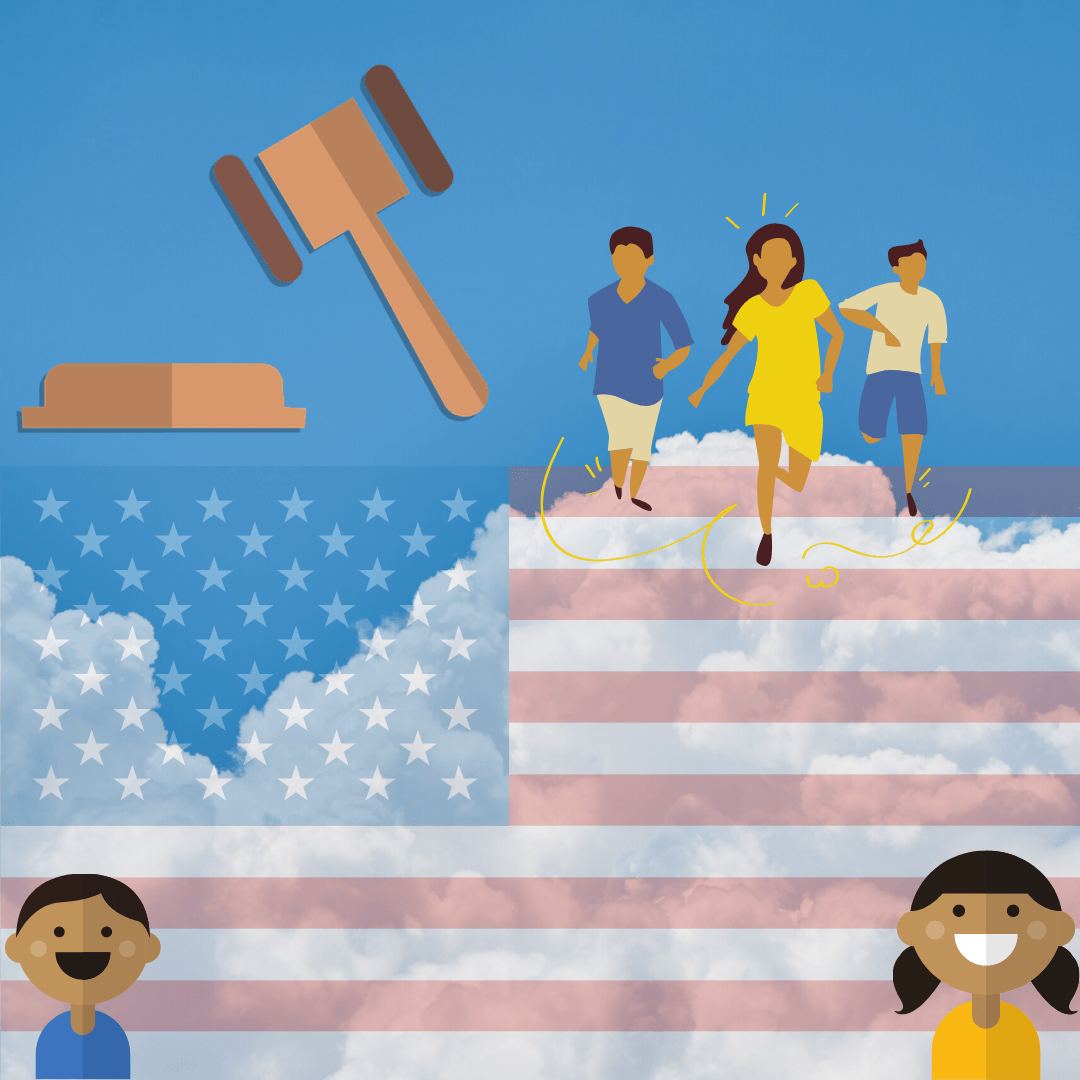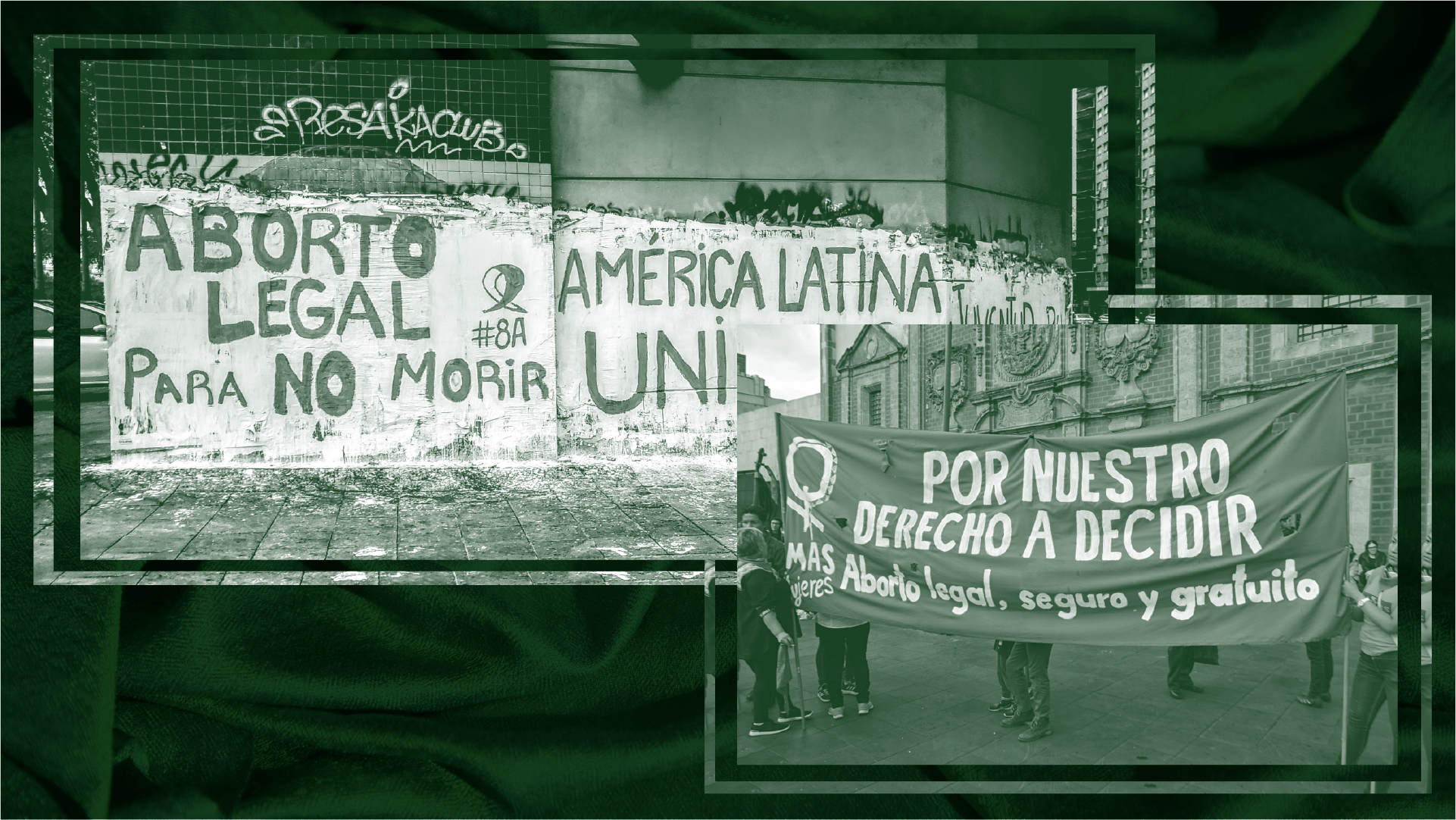
What The Supreme Court DACA Ruling Means For DREAMers
Dreamers are here to stay, and aren’t planning on going anywhere.
In a landmark decision, the Supreme Court ruled Thursday that the Deferred Action for Childhood Arrivals Program (DACA) will not be terminated. DACA recipients (also known as DREAMers) and activists across the country celebrated what is deemed for now as a huge win.
The DACA program allows for children who migrate to the United States under the age of 16 to receive permanent residency and work permits, so long as they are pursuing an education or enlist in the armed forces. The Trump Administration has attempted to get rid of the program since 2017, despite pushback on the decision from both Democrats and Republicans.
“This ruling has set the tone and made people realize we aren’t going anywhere,” said Josephine Andrea Buenrostro Jaureguí, a 22-year-old DREAMer and nursing student from Guadalajara, Mexico. “I get to continue working and not only go to school, but also live with some peace of mind.”
Jaureguí is grateful that the program is continuing, but also recognizes DACA as a temporary solution. One of the main flaws with DACA, she says, is the financial burden the program ensues. “A lot of colleges still don’t offer in-state tuition for DACA students,” she said. “Because of that, many of us aren’t able to afford attending.” Jaureguí believes one of the best solutions to this problem is to provide a pathway to citizenship for DREAMers.
For some, the ruling is a sign of hope for the future.
“This is just the beginning,” said Melanie Cruz-Morales in an email, a 19-year-old DREAMer and pre-law student at Georgetown University. “We must continue to fuel this fire and demand action from Congress,” she wrote, emphasizing how this ruling will impact every aspect of DREAMer’s lives.
Cruz-Morales is originally from Oaxaca, Mexico, and aspires to become an immigration attorney to help represent her community. According to Cruz-Morales, this ruling would not have been possible without the endless efforts from DREAMers and activists all over the country. “After a long-fought battle,” she said, “we finally get to celebrate this one major win.”
Many news sources were skeptical that the Supreme Court ruling would be in favor of DACA recipients when oral arguments were given back in November 2019. Multiple mainstream outlets, such as the New York Times, Associated Press and Vox, reported that the majority conservative court would most likely be ruling in Trump’s favor. Countless DREAMers like Cruz-Morales were preparing the worst-case scenario: being forced to live in a country that they have never known.
DREAMers also recognize that the legal battle for DREAMers and the undocumented community, as a whole, is far from over. Justice Sonia Sotomayor was the only judge out of the five dissenting votes to write that the Trump administration’s decision to attempt to end the program was blatantly racist, writing, “I would not so readily dismiss the allegation that an executive decision disproportionately harms the same racial group that the President branded as less desirable mere months earlier.”
While the ruling is considered a great step forward, there are still more than 10 million undocumented people living in the United States, most of whom do not qualify for DACA. Anna Muñoz, a 23-year-old DREAMer from Mexico with a degree in Neuroscience from Depauw University, acknowledged that there is still much more work to be done, and said she hopes this ruling will energize people to keep fighting. In an email to The Interlude, she said that the best way to combat this discrimination is by fighting together, demanding more from elected officials, and recognizing all forms of oppression as a collective fight.
“We need to amplify and show up for our Black community, and educate and empower our own communities,” she wrote in an email. “There’s power in dissenting, organizing, holding our elected officials accountable and demanding better.”


